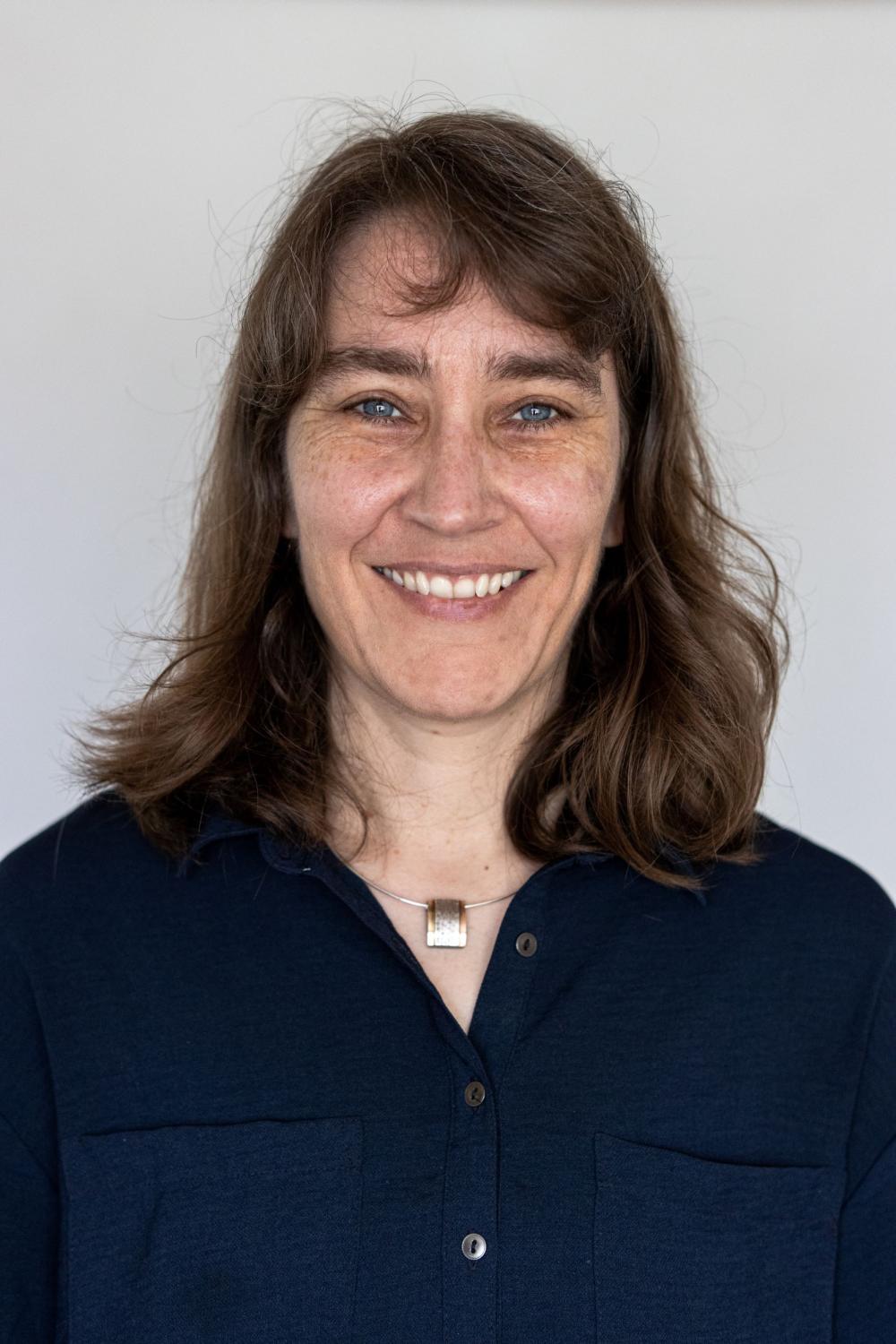
Claudia Christen-Schneider (Switzerland) obtained her MSc in Criminology and Criminal Justice at the University of Portsmouth and studied Restorative Justice at Simon Fraser University (SFU) in Canada. For more than a decade Claudia worked in Chile where she was actively involved in the prevention of child sexual abuse and domestic violence, mediated highly escalated family cases and worked in several high security prisons where she also started implementing restorative processes.
As the founder and current president of the Swiss RJ Forum, Claudia is at the forefront of promoting, developing and implementing restorative justice in Switzerland. She has led several pioneering projects in Swiss prisons. These projects were well received and are now offered regularly in various Swiss prisons. She also facilitates direct offender-victim dialogues, especially in cases of serious harm, and her major concern is to promote a trauma-informed approach to restorative justice. She is currently researching and writing a book in relation to the intersection of restorative justice and trauma-informed practice and the role of community within such processes. Claudia is also part of the University of Portsmouth's research group and serves on the advisory Board of Nomos Publishing's new series of publications on issues related to resocialisation, victim protection and restorative justice (Seehaus plus).
Claudia is a guest lecturer at the Bern University of Applied Sciences and teaches about restorative justice in various other contexts. She is also involved in designing and teaching restorative justice trainings.
Since 2017, Claudia has been actively involved in the EFRJ’s Values and Standards Working Group, which later developed into a committee. She is currently serving as the Chair of the Values & Standards Committee and has been a member of the EFRJ Editorial Committee since 2018. At present, she is also one of the EFRJ representatives in the PROTECT project which seeks to exchange good practices on restorative justice and promoting the victims’ rights protection.


